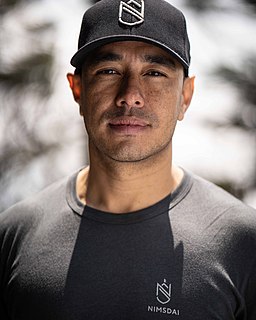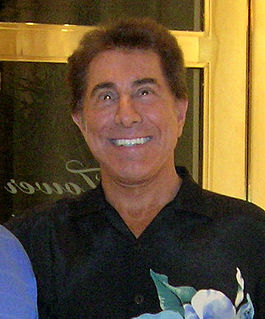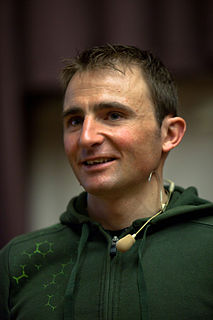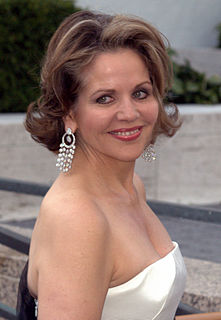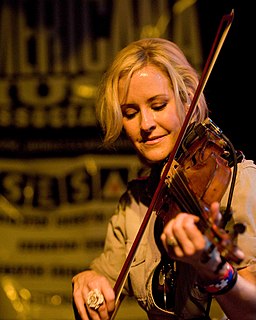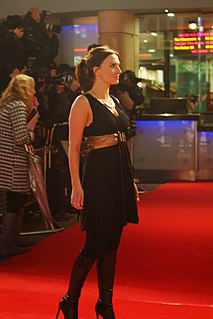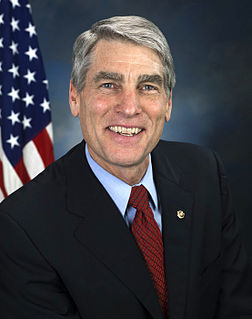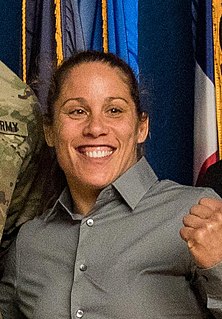A Quote by Nirmal Purja
We've climbed in 60- to 75-kilometer-an-hour wind conditions without ropes, and yes we put in fixed lines when we can because of the safety. But it's all calculated risk and you have to be so flexible in doing this project, and that's why we've been so successful. We always climb with what we have.
Related Quotes
You can solo-climb Everest without using oxygen or you can pay guides and Sherpas to carry your loads, put ladders across crevasses, lay in 6,000 feet of fixed ropes, and have one Sherpa pulling you and another pushing you. ... The goal of climbing big, dangerous mountains should be to attain some sort of spiritual and personal growth, but this won't happen if you compromise away the entire process.
At this stage in my career, I don't have to take any big risks. You want to take a calculated risk, not one that leads to people saying 'yes, but there was that one time when she made that big mistake.' It's always a shame when that happens, especially if you've gotten by for decades without anything hugely tragic.
If you stay up late and you have another hour of work to do, you can just stay up another hour later without running into a wall and having to stop. Whereas it might take three or four hours if you start over, you might finish if you just work that extra hour. If you're a morning person, the day always intrudes a fixed amount of time in the future. So it's much less efficient. Which is why I think computer people tend to be night people - because a machine doesn't get sleepy.
Yoga is not about having the perfect positions, it's not about who's the best and who's the most flexible. A lot of people are saying to me 'I can't do yoga because I'm not flexible,' but that's exactly why you should do it. It's not about being flexible. It's not about who's the best. It's about doing your best on that particular day.
